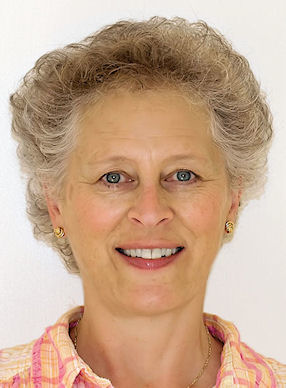Ruth Auger, a current PhD student, gave the Anthropology Research Seminar on 13 November 2017. Her talk was titled ‘The making of the moral person: homelessness in Canterbury’.
Drawing on ethnographic work conducted as part of her PhD thesis (2017) in Canterbury, Auger demonstrated that, whilst homeless people are perceived to engage in contentious and morally deviant practices, they are actually subject to a social phenomenon she describes as ‘sympathetic othering’. This is a process which entails demarcation as a way to justify social distance. Homeless people, she argued, are portrayed as needy victims as well as moral deviants who are both fearful yet vulnerable. Developing Fassin’s (2005) model of moral economy, Ruth explained that the moral economy of the homeless alternates between repression and compassion, and is different for different populations. For example, contrasts are made between those homeless who ‘drink’ or use substances with those who are substance-free.
A key part of Auger’s work focuses on how homeless people actually apply similar ‘othering’ labels to each other. Her ethnography of a day centre revealed how homeless people sort themselves into different sub-groups (by sitting together, for example) depending on certain moral judgements and perceived behaviours and commonalities such as nationality, alcohol use or sexual behaviour.
Finally, Auger proposed a ‘diversification’ of homeless culture(s) in which the homeless are not regarded as a homogenous category of people, but are seen as a diverse group of peoples who share a common condition.
(Report by Keira Pratt-Boyden)

